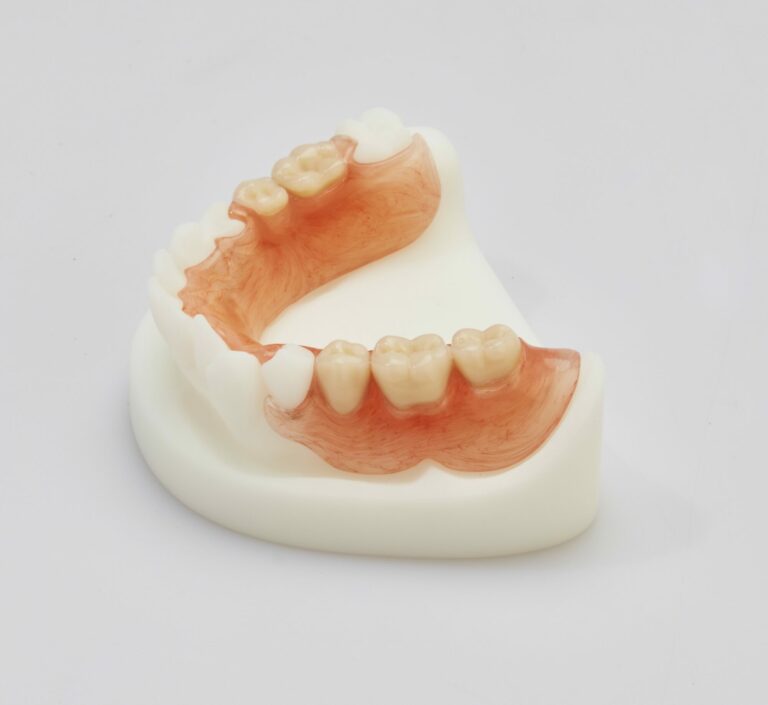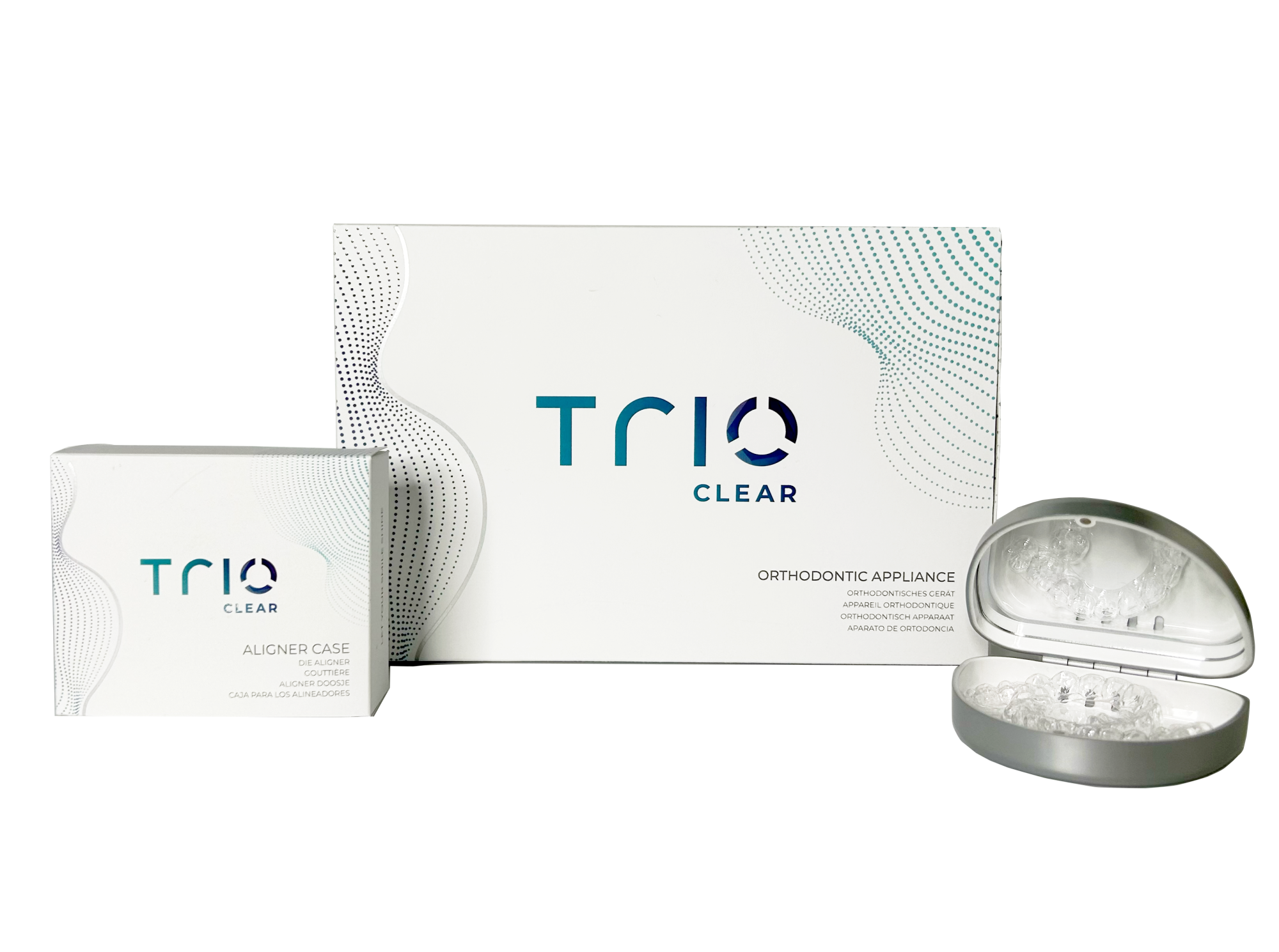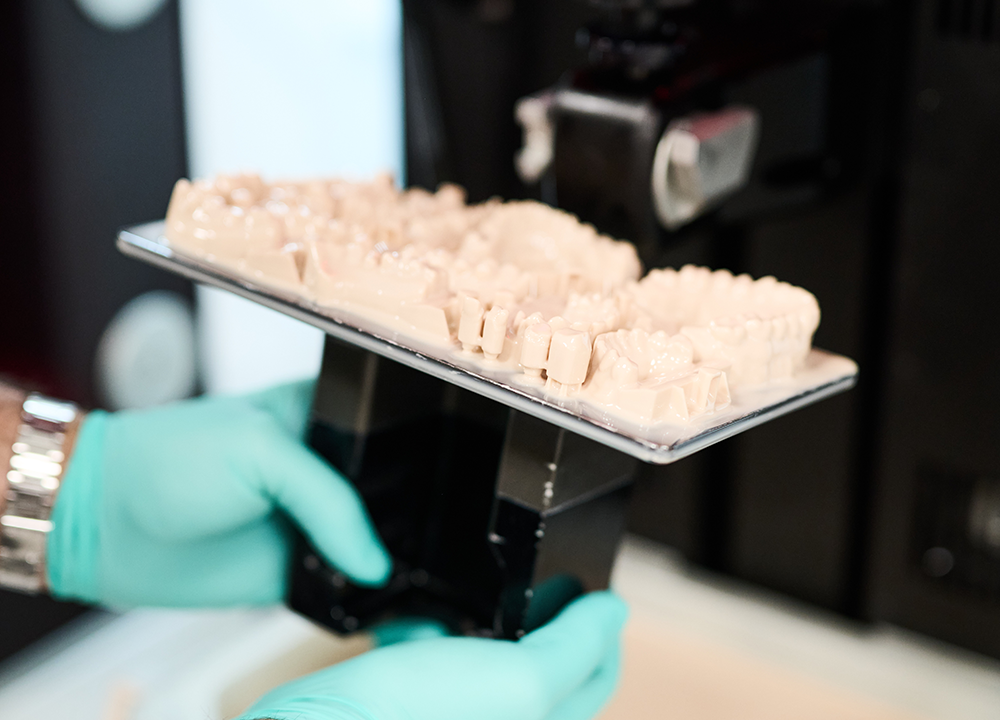At Andent Dental Laboratory, we’ve been working closely with Australian dentists for decades, delivering high-quality, locally crafted dentures that are designed for precision, comfort, and performance. Our digital workflow and skilled local technicians allow us to offer reliable, consistent results with rapid turnaround.
For patients relying on full or partial dentures, a well-fitting prosthesis can significantly impact their comfort, function, and confidence. However, even the most carefully crafted denture can encounter issues over time if it is not properly designed, maintained, or regularly reviewed. Understanding the most common denture-related problems can help you provide better outcomes and long-term satisfaction for your patients.
So whether you’re prescribing full dentures, partial acrylics, chrome castings, or flexible options, knowing how to identify common pitfalls is key to ensuring the best fit, and avoiding costly remakes. Continue reading to discover the most common denture issues and learn how to prevent them.
1. POOR FIT AND SORENESS
Problem:
One of the most common complaints is a loose or ill-fitting denture. This can lead to movement during chewing or speaking, resulting in sore spots, irritation, infections, and a loss of confidence.
Causes:
• Inaccurate impressions or bite registration
• Changes in the patient’s bone structure over time
• Inadequate adaptation of the denture base to the oral tissues
Solution:
A proper fit starts with precise case planning and quality fabrication. At Andent, our dentures are crafted using advanced workflows and local expertise to ensure close adaptation to the patient’s anatomy. For partial dentures, we offer both flexible and chrome options to suit varying retention needs and comfort levels. Encourage patients to return regularly for relines or adjustments if they experience changes in fit over time. Proactively scheduling follow-ups can prevent minor discomfort from becoming long-term complications.
2. DIFFICULTY EATING AND SPEAKING
Problem:
New denture wearers often struggle with speech articulation and chewing, especially when transitioning from natural teeth or old appliances.
Causes:
• Denture instability
• Improper occlusion
• Bulky design or overextension
Solution:
Ensuring proper occlusal balance during the setup stage is critical. Dentures should be designed with function in mind, particularly for patients who lead active lifestyles or rely heavily on their dentures. Andent’s experienced technicians work closely with prescribing dentists to fine-tune every case for functional accuracy, helping patients adapt with confidence. When needed, our digital tools allow for rapid remakes or refinements, giving you and your patients peace of mind.
3. EXCESSIVE WEAR AND FRACTURE
Problem:
Over time, denture teeth can wear down or the base can crack, particularly in patients with bruxism or heavy occlusal forces.
Causes:
• Low-grade materials
• Improper occlusal design
• Lack of regular maintenance
Solution:
Using durable, high-quality materials can make all the difference. Our dentures at Andent are fabricated using carefully selected acrylics and teeth from trusted brands, offering longevity and aesthetic appeal. For patients with a history of breakage or heavy wear, consider prescribing a chrome framework or suggesting a nightguard in tandem with their denture. Reinforcing patient education around care and storage can also go a long way in prolonging the life of the prosthesis.
4. ORAL HEALTH ISSUES, BAD BREATH, AND STAINING
Problem:
Patients may experience bad breath, staining, or general oral health concerns while wearing dentures. These issues can affect confidence, comfort, and overall oral hygiene.
Causes:
• Inadequate daily cleaning of dentures and oral tissues
• Poor denture fit, leading to food and plaque accumulation
• Smoking or frequent consumption of staining beverages (e.g., coffee, tea, red wine)
• Extended wear without proper soaking or hygiene breaks
• Fungal infections such as denture stomatitis
Solution:
Encourage patients to clean their dentures thoroughly at least once daily using a soft brush and non-abrasive cleanser. Dentures should be removed overnight and soaked in an appropriate cleaning solution to reduce microbial buildup and allow tissue recovery. Patients should also brush their gums, tongue, and any remaining natural teeth to maintain a healthy oral environment. At Andent, we recommend regular denture reviews to check fit and cleanliness, and we support clinicians in identifying and correcting fit-related causes by offering relines, remakes, or adjustments through our digital workflow. Educating patients on hygiene and maintenance is key to preventing recurring oral health problems and ensuring the longevity of their prosthesis.
FINAL THOUGHTS
Helping patients achieve a comfortable, functional, and long-lasting denture experience starts with careful planning, quality craftsmanship, and ongoing support. At Andent Dental Laboratory, we’re committed to partnering with dental professionals to deliver the best possible outcomes. With our digital design capabilities, responsive local service, and broad range of material options, we aim to make every case a success.
Crafted locally and supported by our experienced team, our dentures help Australian dentists deliver better outcomes with every case. From acrylic and flexible options to cast metal partials, every denture is proudly Australian Made to ensure quality you can count on, and efficient in-lab turnaround times you can rely on.
Need helpwith a denture case? Our experienced lab technicians are here to assist with case design and material selection. Call us on (03) 9650 6766 or visit andent.com to learn more.



